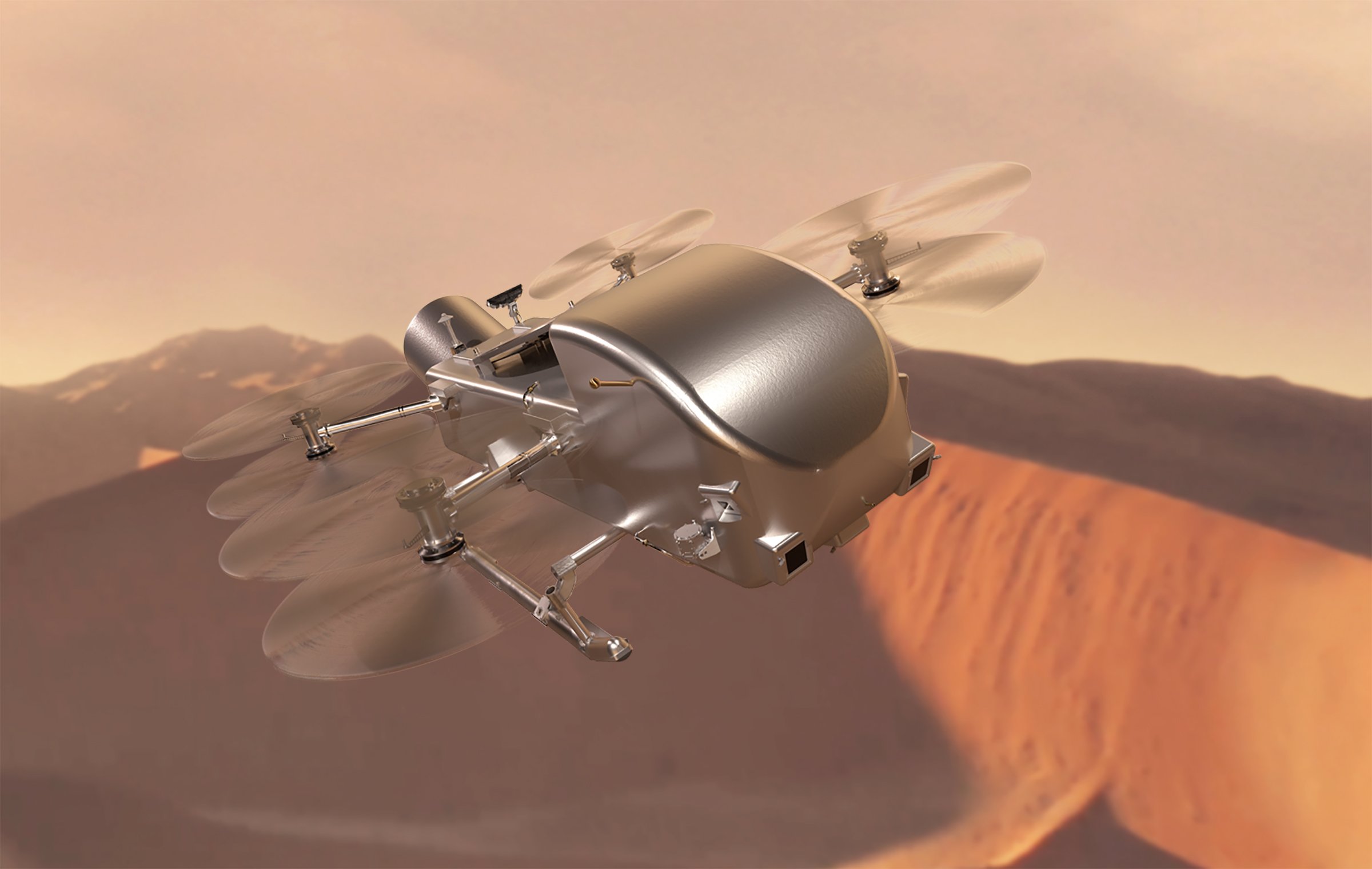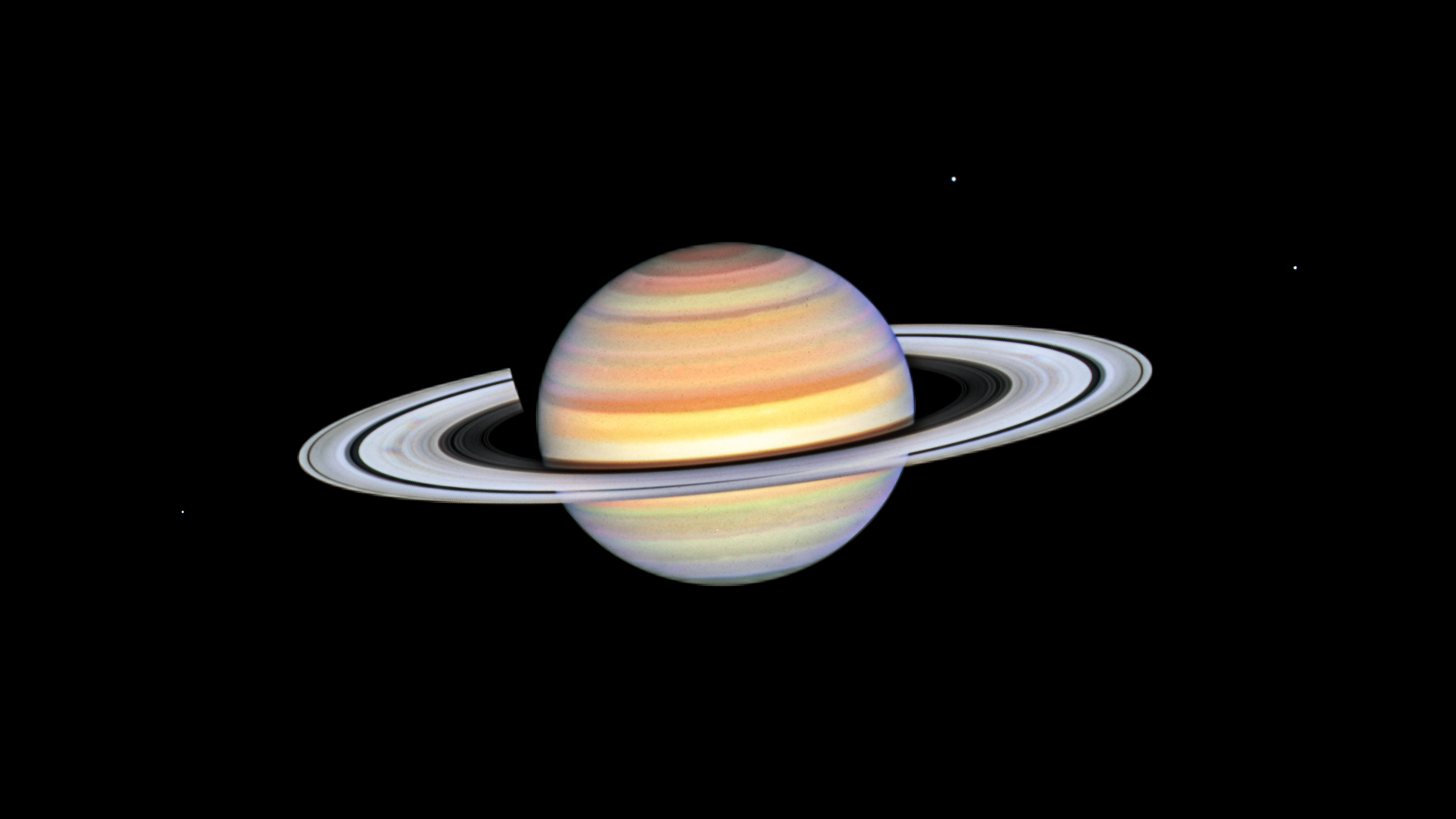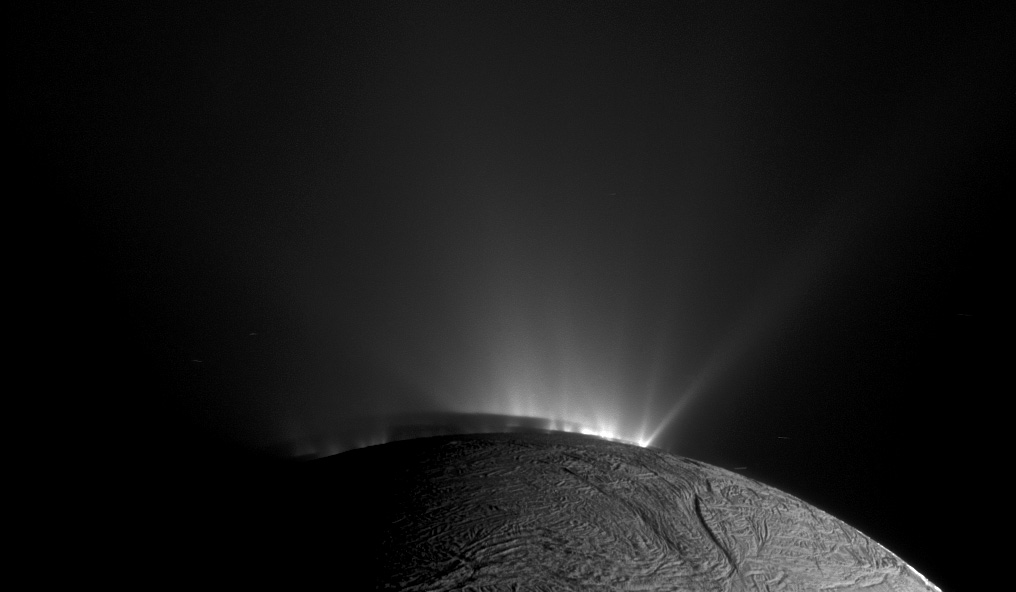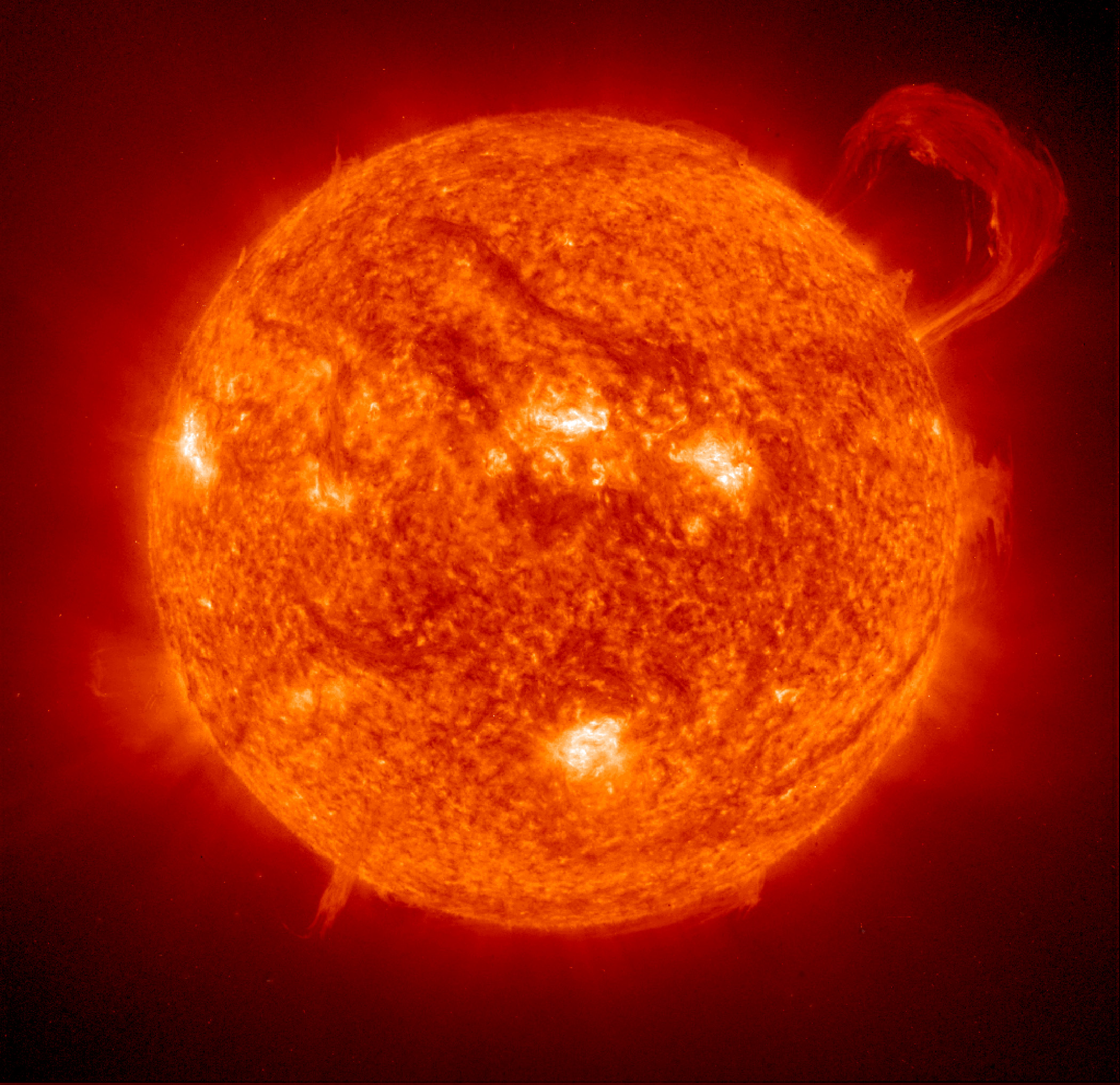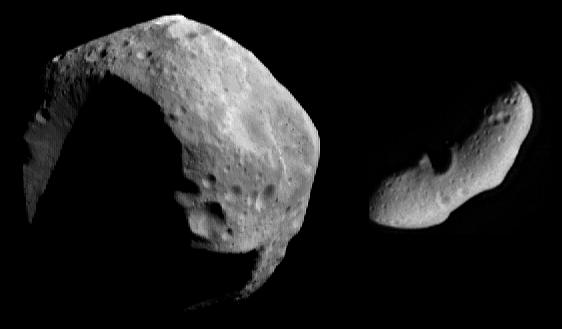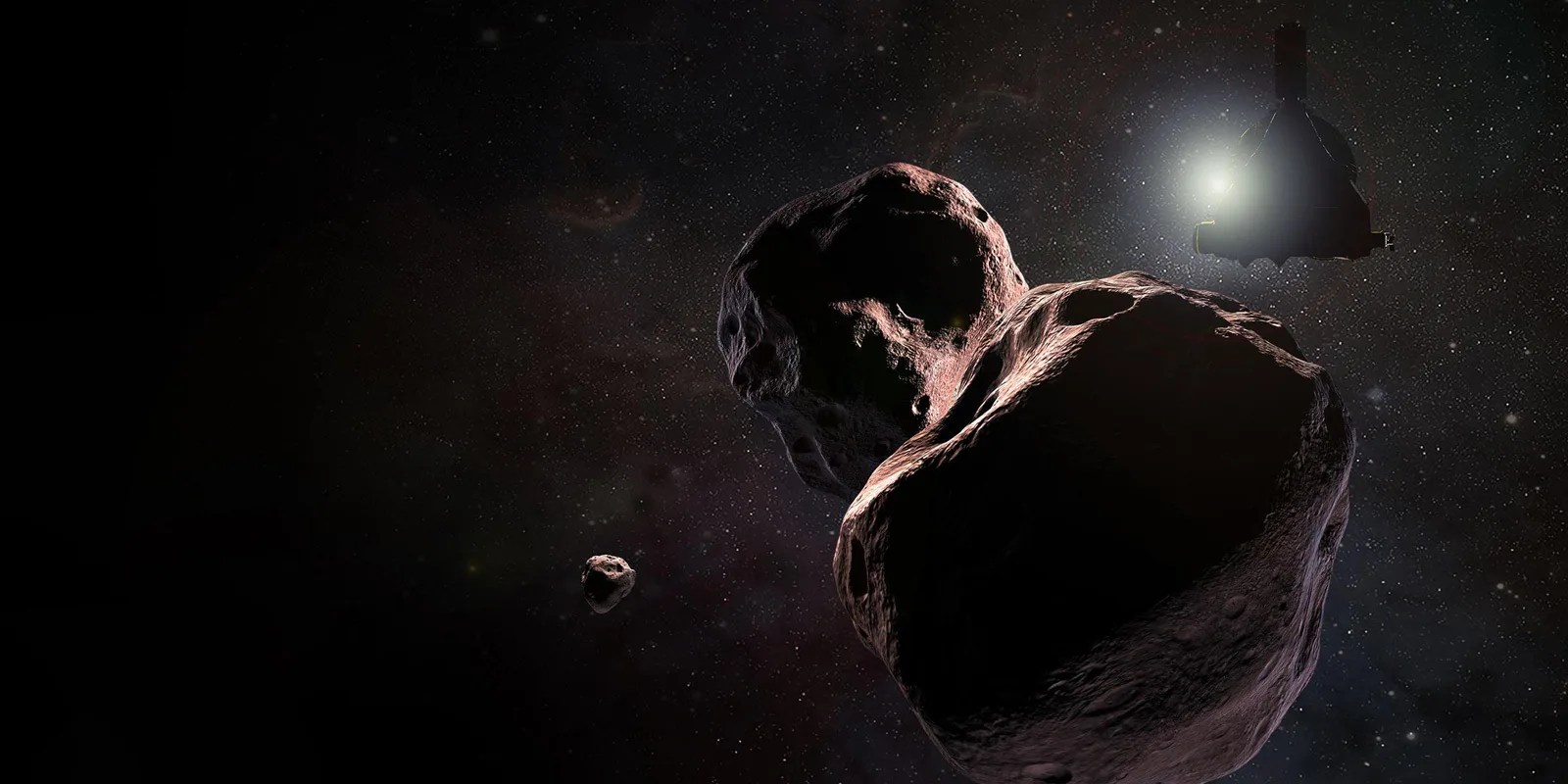3 min read
Cassini Significant Event Report
For Week Ending 07/26/02
The most recent spacecraft telemetry was acquired from the Goldstone tracking station on Wednesday, July 24. The Cassini spacecraft is in an excellent state of health and is operating normally. Information on the spacecraft's position and speed can be viewed on the "Present Position" web page.
This week the spacecraft transitioned to the Reaction Control Subsystem and the use of thrusters for attitude control, and powered off the Reaction Wheel Assembly. In addition, an autonomous Solid State Recorder memory load partition repair was performed along with a clearing of the ACS high water marks.
Instrument activities included a Visual and Infrared Mapping Spectrometer star characterization, an Ultraviolet Imaging Spectrograph Hydrogen Deuterium Absorption Cell conditioning activity, a Composite InfraRed Spectrometer thermal calibration, and calibrations of the Radio and Plasma Wave Science high frequency receiver.
The Cassini Program released a media report on the Imaging Science Subsystem haze anomaly in the Narrow Angle Camera (NAC). Analysis of data obtained over the last few weeks confirms image quality has returned to virtually the same as prior to when the haze appeared. The haze was first observed when the NAC cooled back to its usual operating temperature after a routine maintenance heating to 30 C in mid-2001. Lens hazing from engine exhaust or other sources is always a possibility on interplanetary spacecraft and instrument designers incorporate heaters into the camera assembly to cope with just such a situation. Four decontamination treatments over varying lengths of time removed most of the haze. In the latest activity, the camera was warmed to 4 degrees C for four weeks ending July 9. Images were then taken at the normal operating temperature of minus 90 C, confirming the removal of the haze. Comparison images are available for viewing at
/resources/13076
Uplink Operations offered a course in the use of Cassini's Pointing Design Tool to Composite InfraRed Spectrometer instrument team personnel at the Goddard Spaceflight Center.
A Development tour planning retreat was held to ensure that all development schedules for achieving tour readiness were consistent and realistic, dependencies understood and agreed-to, risks identified, and work prioritized.
Additional information about Cassini-Huygens is online at http://saturn.jpl.nasa.gov.
Cassini will begin orbiting Saturn on July 1, 2004, and release its piggybacked Huygens probe about six months later for descent through the thick atmosphere of the moon Titan. Cassini-Huygens is a cooperative mission of NASA, the European Space Agency and the Italian Space Agency. JPL, a division of the California Institute of Technology in Pasadena, manages the mission for NASA's Office of Space Science, Washington, D.C.
Media Relations Office
Jet Propulsion Laboratory
California Institute of
Technology
National Aeronautics and Space
Administration
Pasadena, Calif. 91109.
Telephone (818) 354-5011

